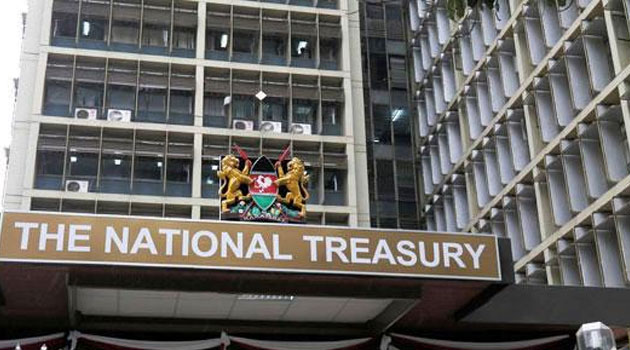
Kenya misses 2024/25 revenue target by Sh67bn, Treasury data shows » Capital News
NAIROBI, Kenya, Aug 25 – Kenya’s total revenues for the 2024/25 financial year closed below target, weighed down by underperformance in key tax heads despite stronger receipts from ministerial agencies.
Preliminary data from the National Treasury shows total revenues reached Sh2.92 trillion by the end of June 2025, against a target of Sh2.99 trillion — a shortfall of Sh67 billion.
The underperformance was mainly due to a Sh76 billion gap in ordinary revenue, which expanded by only 5.7 per cent compared to 12.1 per cent growth the previous year.
“Total revenue collection by the end of June 2025 amounted to Sh2.923 trillion against a target of Sh2.986 trillion, representing a shortfall of Sh62 billion on account of a shortfall recorded in ordinary revenue,” Treasury noted in its report on Monday.
Most tax streams underperformed, with the exception of import duty and VAT, which met or exceeded their targets.
Import duty rose to Sh157.1 billion registering a 17.3 percent increase while VAT collections stood at Sh660.7 billion, broadly in line with projections.
Income tax, the single largest revenue source, brought in Sh1.09 trillion, missing its target by Sh32 billion.
Excise duty was also below expectations at Sh292.6 billion, compared to a target of Sh296.9 billion.
On the upside, ministerial Appropriation-in-Aid (AIA) receipts outperformed, hitting Sh498.4 billion — Sh9.1 billion above target — partly offsetting weak performance in core tax revenues.
Despite these gains, fiscal pressures persisted. The budget deficit closed at Sh1.01 trillion (5.8 per cent of GDP), nearly in line with the targeted Sh1.012 trillion.
Financing leaned heavily on the domestic market, with net domestic borrowing at Sh841.2 billion (4.8 per cent of GDP), while external sources contributed Sh178.6 billion (1.0 per cent of GDP).
Revenue growth slowed markedly, rising just 8 percent year-on-year compared to 14.5 per cent in FY 2023/24.
Kenya’s fiscal position remains under close watch by markets and development partners, with the government under pressure to balance fiscal consolidation with funding for critical development priorities.